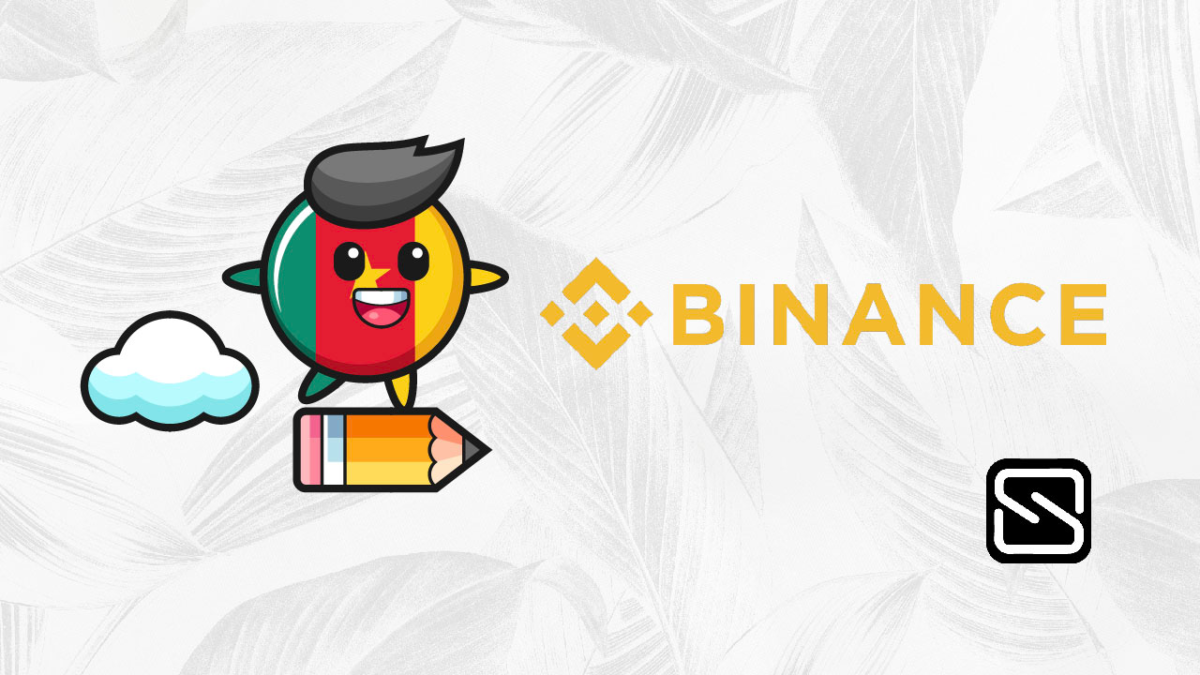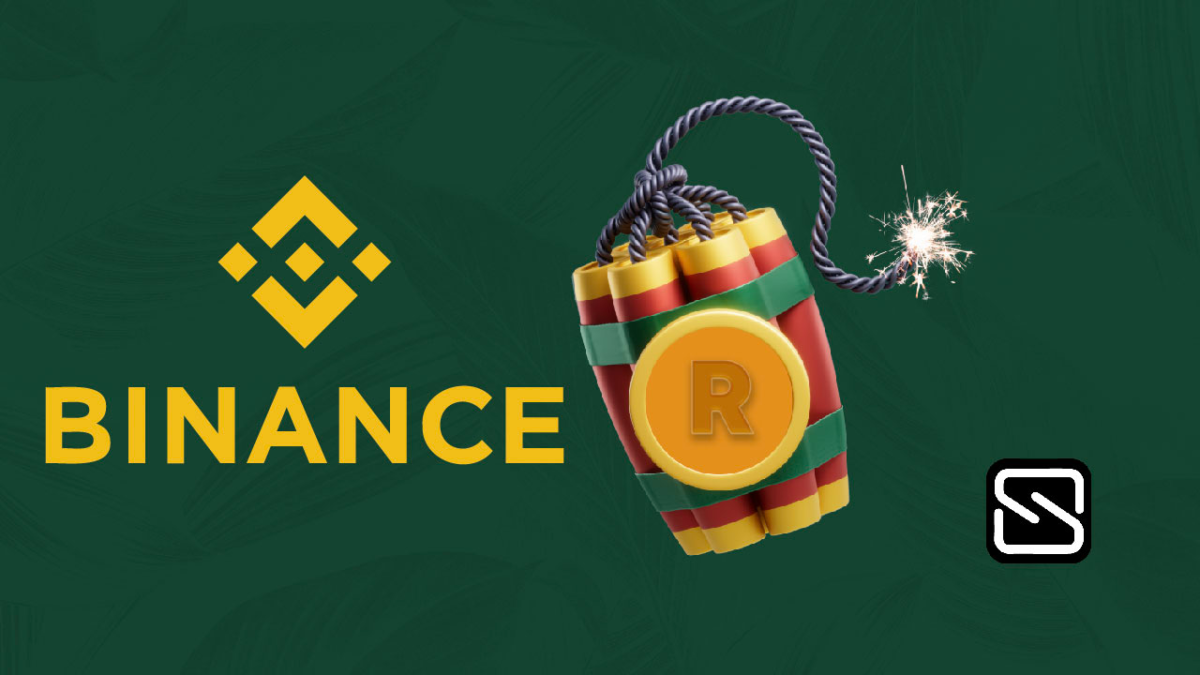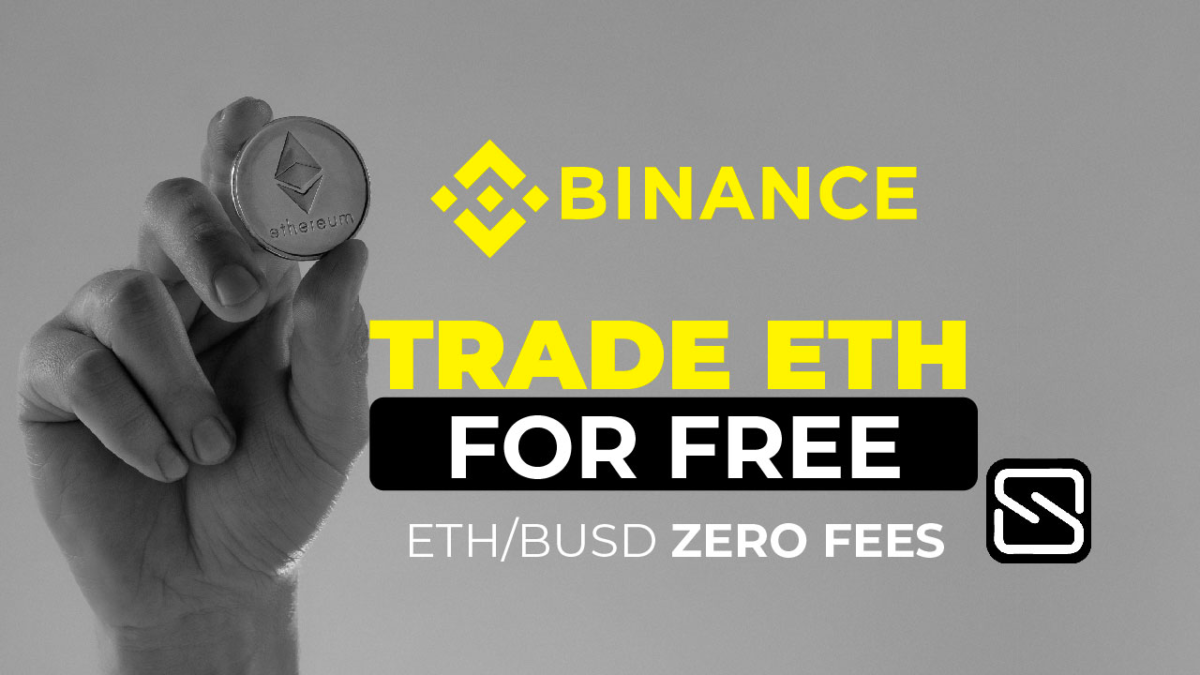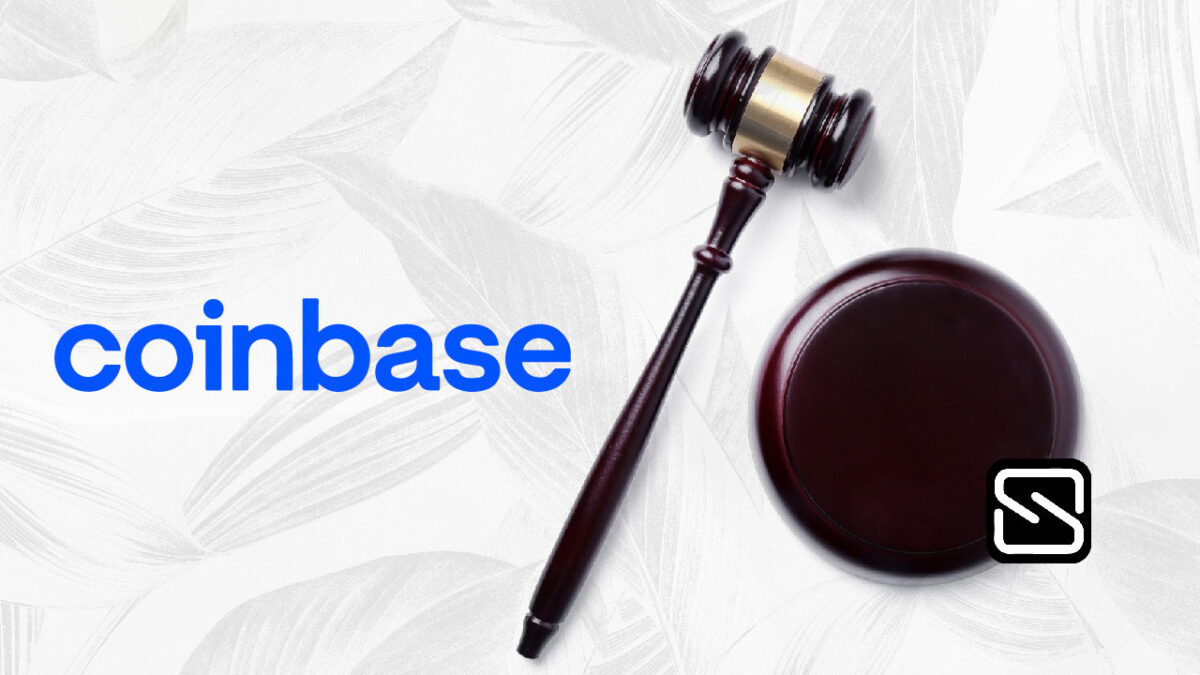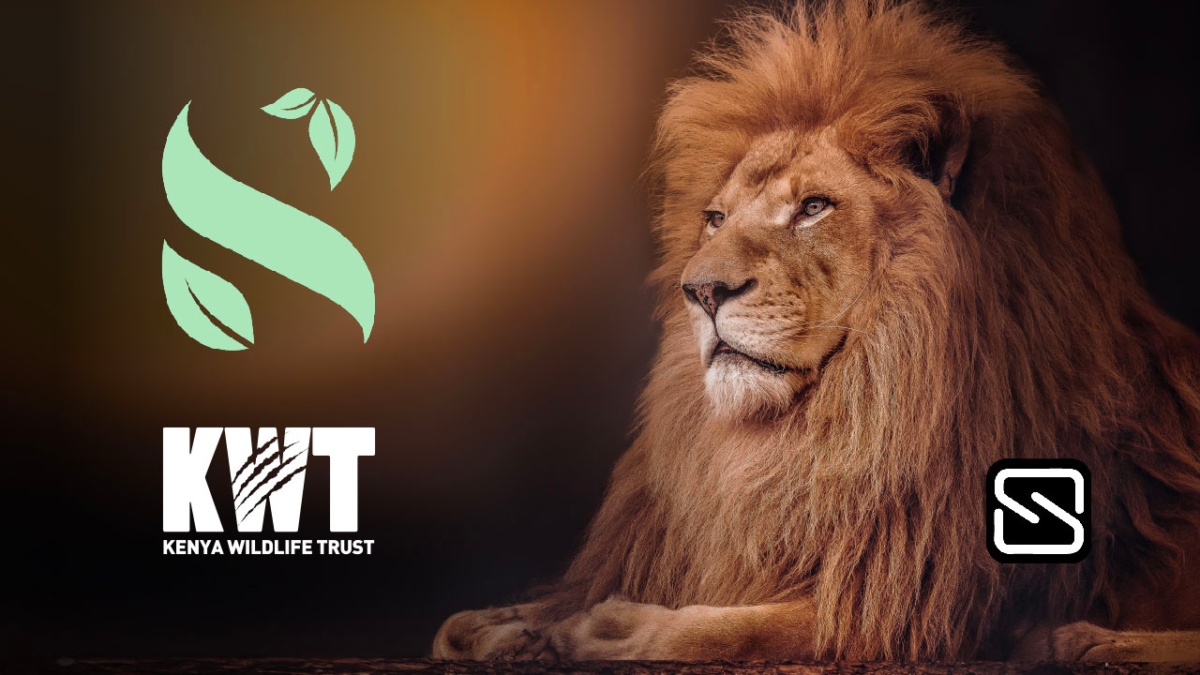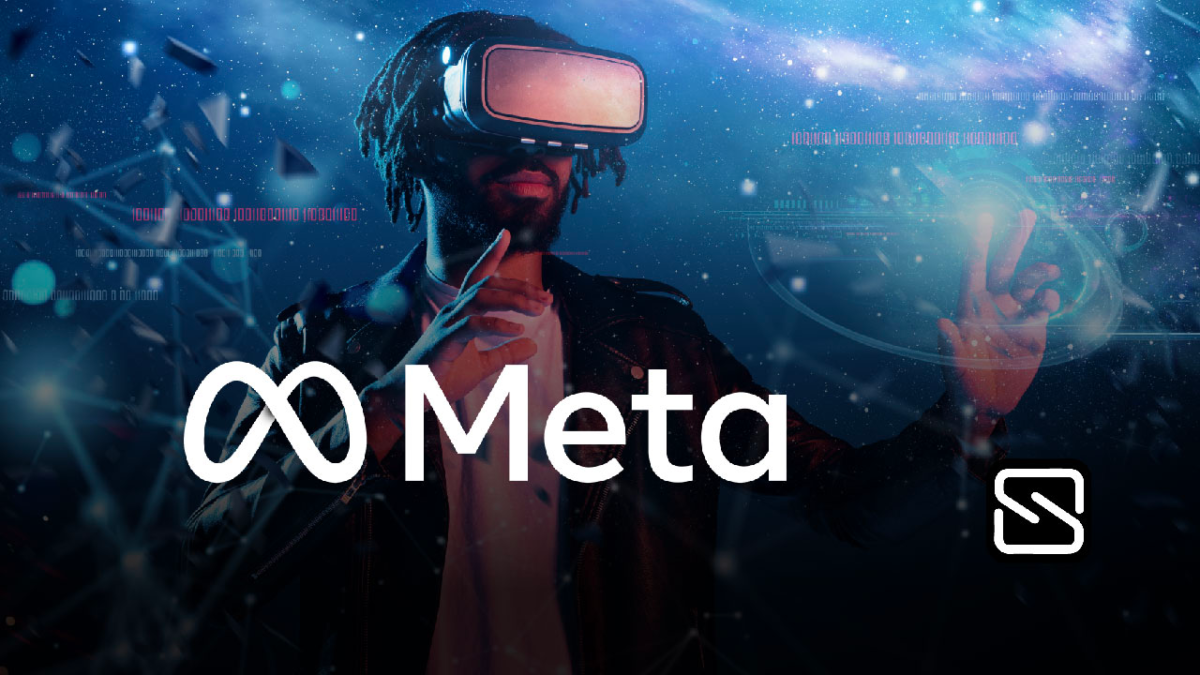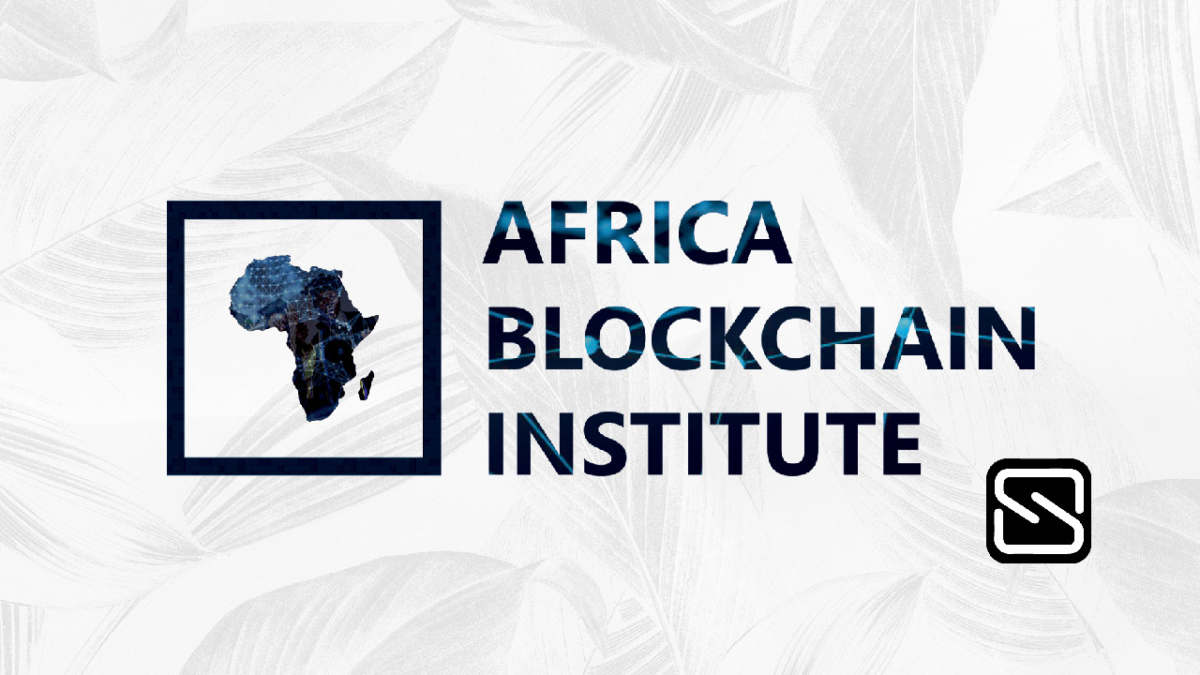With up to 23 African Governments banning cryptocurrency, the future of crypto in Africa has been a rising concern.
Despite this, Binance, the largest volume-based cryptocurrency exchange platform in the world, is promoting greater acceptance of cryptocurrencies across the continent. For this purpose, the bitcoin infrastructure provider has partnered with Inoni Tech, a tech hub that offers training and services for young people throughout Francophone Africa, to establish a crypto education hub in Yaounde, Cameroon.
This is a first-of-its-kind crypto hub and will be a training center for in-person blockchain education sessions. Through this hub, Binance will equip crypto enthusiasts with more resources to thrive within the ecosystem as well as foster offline connections.
Carine Dikambi, Francophone Africa Lead at Binance said, “Africans continue to interact with crypto in very different ways, establishing some of its most important use cases and opportunities for greater financial inclusion. Through the Binance crypto hub, we see a more on-the-ground approach as an essential step in demystifying the concepts, fostering the right understanding of the many opportunities that education, web 3.0, and the blockchain ecosystem can bring to Cameroon and ultimately, Francophone Africa.”
The crypto center, which is 300 meters from the restaurant, The Famous in the Bastos area, will give Binancians and other crypto newcomers a smoother, safer, and more practical experience. The center will serve as the community’s main hub for training, education, and news related to cryptocurrency through frequent in-person events.
Over 600,000 Africans have received bitcoin education from Binance since the start of the Binance Masterclass Education Series, some in-person and some online. The launch of the crypto hub advances education efforts by fostering connections and boosting trust.
Binance is getting a step closer to the objective of increasing crypto acceptance and literacy in the area by introducing more in-person encounters. Regular skill-training sessions will also serve to open up new career options for Cameroonians, many of whom will be able to pick up new skills to maintain their employability on a global scale.
